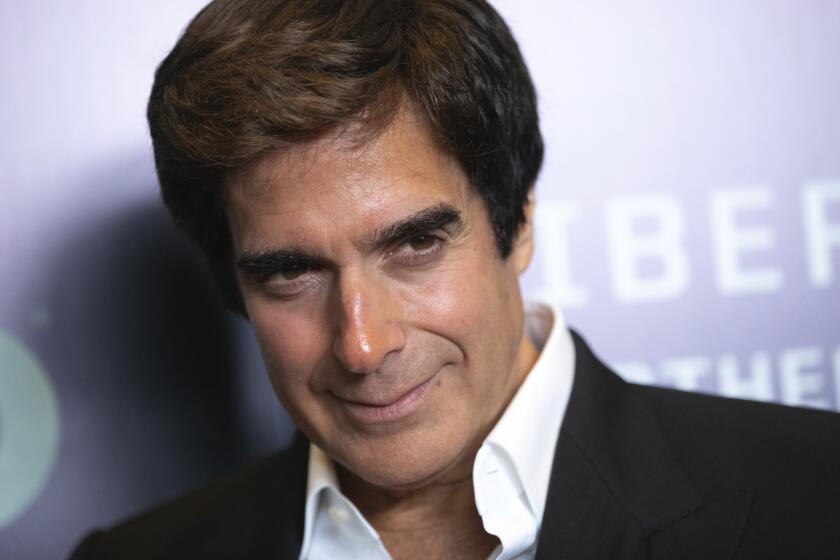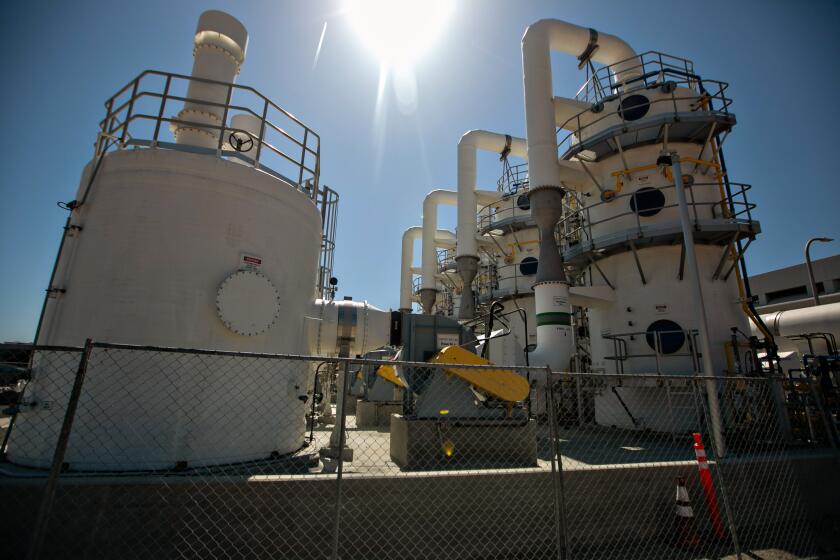The Other Mideast Struggle
The Israeli-Palestinian conflict threatens to drown out other crises in the region. But Iran is also at a crossroads. Since Iranian President Mohammad Khatami won a second term June 8, earning 77% of the vote, religious conservatives have been pulling out all the stops to derail him. Fearful of losing control over a country they have ruled since the revolution in 1979, the clerics are on the offensive. The supreme leader of Iran, Ayatollah Ali Khamenei, twice has postponed the swearing-in of Khatami, which was to take place last Sunday. The dispute will have an important effect on whether Iran follows a reform course or remains hostage to Islamic fundamentalism.
The chief symptom of the fight over Iran’s future is a power struggle between the judiciary and parliament over choosing two new legal experts for the conservative Guardian Council, which examines proposed legislation. The liberal parliament has rejected the candidates put forward by judiciary chief Ayatollah Mahmoud Hashemi Shahroudi. In return the clerics are insisting that all 12 members of the Guardian Council attend the swearing-in. If two are missing, no ceremony, no president.
Khatami is no Nelson Mandela, determined to bring freedom and democracy to his nation. He’s more a Nikita Khrushchev, attractive only in comparison with the retrogressive hard-liners around him. But given the level of oppression in Iran, Khatami’s tentative calls for liberalization are enough to make him the enemy of conservatives--and the repository of society’s hopes.
The divisions over Khatami’s investiture are emblematic of Iranian society. Khatami’s landslide victory shows that the clear majority of Iranians want change. But as history shows, a determined and fanatical minority can, up to a point, inflict its will. The brouhaha over Khatami indicates that the winds of change are blowing over Iran and the conservatives won’t be able to ignore them forever.
There isn’t much that the United States can do to speed reform in Iran. The Bush administration did, with Senate approval, renew the Iran-Libya Sanctions Act. If Iran were to show serious signs of change, the U.S. could at least offer repeal of the act as an inducement to better relations.
The implications of a shift away from Iranian belligerency would be enormous. Iran remains a sponsor of terrorists in the Middle East and of those targeting the U.S. directly. A friendlier Iran would also remove an obstacle to a lasting Israeli-Palestinian settlement. Khatami’s swearing-in for a second term would be a tangible sign of progress--which, of course, is why the clerics are trying to handcuff him.
More to Read
Start your day right
Sign up for Essential California for news, features and recommendations from the L.A. Times and beyond in your inbox six days a week.
You may occasionally receive promotional content from the Los Angeles Times.






